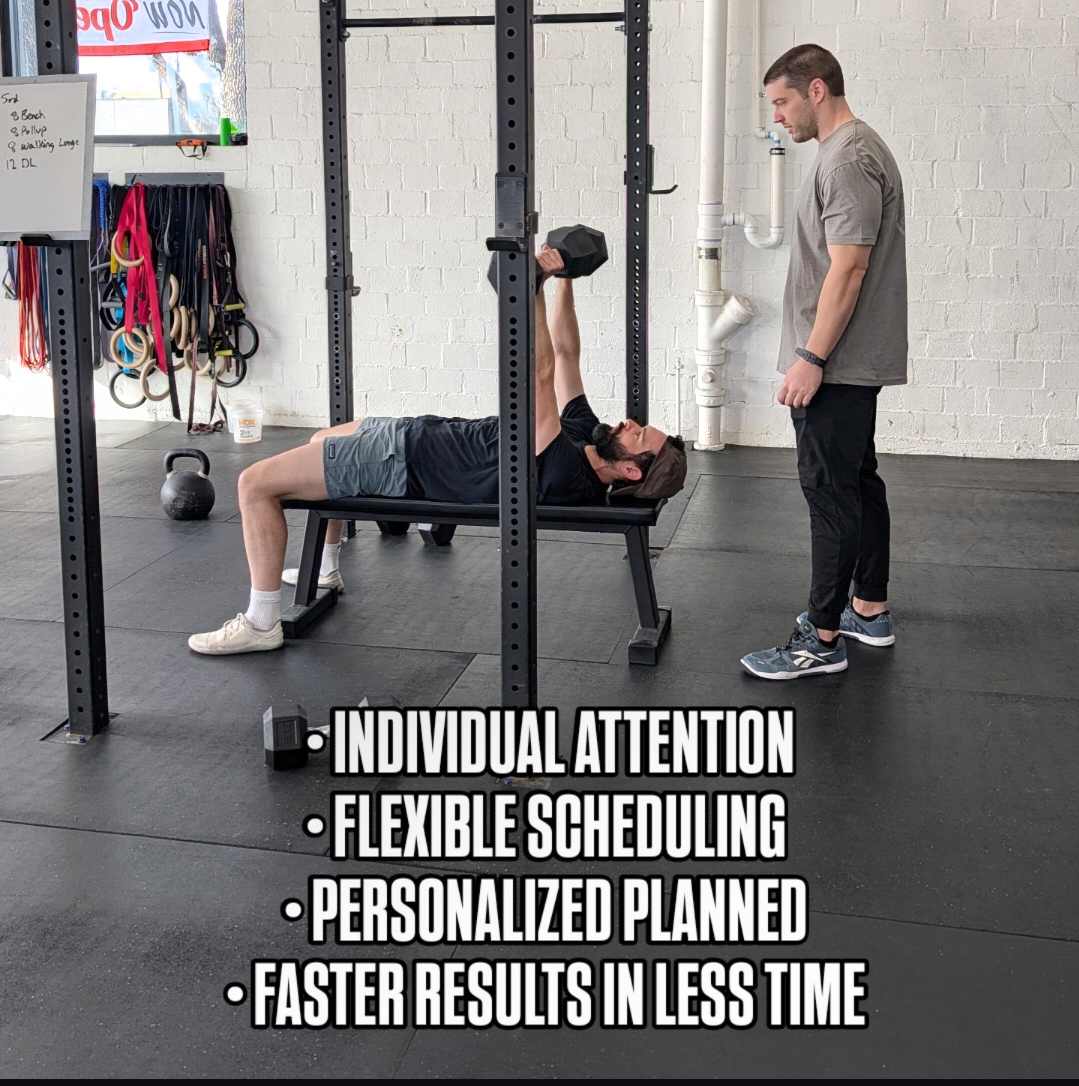By clicking “Accept All Cookies”, you agree to the storing of cookies on your device to enhance site navigation, analyze site usage, and assist in our marketing efforts. View our Privacy Policy for more information.
The Myth of Balance in Fitness
"Balance" may be the things that keep your goals out of reach.
By
October 5, 2025

The Myth of Balance in Fitness (and Life)
People love to talk about “balance.” This idea shows up all the time. Training so you can eat poorly is the biggest and easiest example. Another being deciding to only workout 2-3 days a week, and that those will offset the days you do nothing.
At Bishop Arts Fitness, we see people all the time who want to “fit fitness in” without making long term adjustments to their lives. That mindset usually keeps them stuck. The truth is, you can’t make meaningful change without temporarily being out of balance.
Life moves in seasons. There are times when you need to focus and times when you can ease up. A helpful perspective I heard was to think of life and goal acheivement as seasonal. Meaning you’re not supposed to be perfectly balanced, you’re supposed to be intentional about what season you’re in.
Seasons Require Focus
If you’re trying to lose weight, that’s not the time to chase balance. You’ll need to be more disciplined with your diet, intentional about learning and creating a nutrition plan, consistent with your workouts, and potentially skip some social things that don’t align with your goals. That’s focus.
You can’t stay in that strict phase forever, and you shouldn’t. But you also don’t get to skip it. You earn balance by putting in the work during the focused season.
Once you’ve hit your goal, you can bring some balance back, enjoy the social things, take a few extra rest days, but you don’t throw away the actions that got you there. Ideally would would have deveolp habits that keep you on somewhat on track, even when you are in a season of a little more fun. You have a set foundation, just with a little more flexibility.
Training Works the Same Way
Balance in training doesn’t mean doing a little bit of everything all the time. Sometimes you need to bias your training toward a specific goal, building strength, improving conditioning, or correcting an imbalance. The other things don't get completely ignored, but the focus is on the goal. An example is that you take 8 weeks to improve your mobility and movement quality, and afterward you bring in strength training with better movement.
Yea, you won't be lifting heavy for 6 weeks. But when you come back to strength with better quality, you'll see that you can surpass your prior strength with solid technique and the nagging aches aren't there.
Balance Isn’t the Goal
The people who make real progress aren’t balanced all the time. They move in and out of focused seasons. The key is knowing which season you’re in and acting accordingly.
When it’s time to push, push hard. When it’s time to coast, do it intentionally with an end point in mind, but don’t drift. That’s how you maintain progress without burning out or backsliding. 8 weeks of stricter dieting, 2-4 weeks of bringing in a bit of the things you missed, then 8 weeks of dieting again.
So if you’ve been waiting to “find balance” before committing to your health, understand this: balance is something you earn, not something you start with.
At Bishop Arts Fitness, we help people identify what season they’re in and build the right plan for it, a focused push to make progress you can keep!
If you’re ready to get a plan and start seeing results, Schedule a No Sweat Intro here. We will go through your individual goals and pair you with the Personal Training and Group Class options that are best for you.





